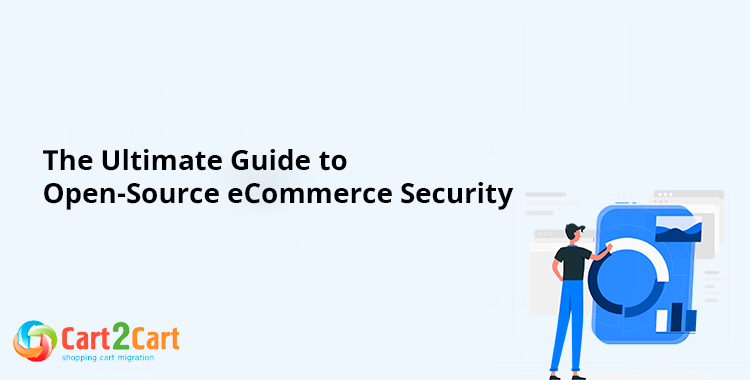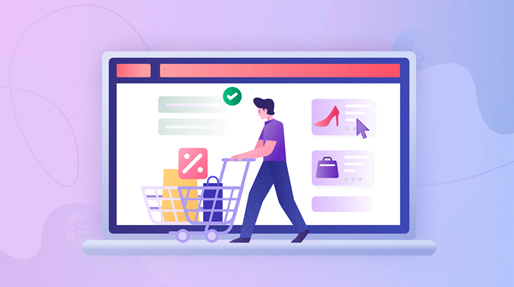 As online retail continues to grow, security threats also evolve, making it crucial for store owners to protect their platforms. Open-source eCommerce solutions, such as WooCommerce, Magento Open Source, and OpenCart, offer flexibility and customization but also require proactive security measures. This guide explores the best practices for securing your open-source eCommerce store against cyber threats, ensuring a safe shopping experience for your customers.
As online retail continues to grow, security threats also evolve, making it crucial for store owners to protect their platforms. Open-source eCommerce solutions, such as WooCommerce, Magento Open Source, and OpenCart, offer flexibility and customization but also require proactive security measures. This guide explores the best practices for securing your open-source eCommerce store against cyber threats, ensuring a safe shopping experience for your customers.
Understanding Security Risks in Open-Source eCommerce
Open-source platforms provide numerous benefits, but they also come with potential risks, including:- Vulnerabilities in Core Software & Plugins – Since open-source software is publicly accessible, cybercriminals can identify weaknesses and exploit them.
- Lack of Regular Updates – Store owners who fail to update their platforms expose themselves to security breaches.
- Unsecured Hosting Environments – Using unprotected hosting services can lead to data theft and hacking attempts.
- Weak Authentication & Access Control – Poor password policies and insufficient access control increase the risk of unauthorized access.

Best Practices for Securing Your Open-Source eCommerce Store
Choose a Secure Hosting Provider
Selecting a hosting provider with robust security features is essential. Look for:- SSL certificates for data encryption
- Regular server backups
- DDoS protection
- Malware scanning and firewall protection
Keep Your Platform & Plugins Updated
Outdated software is a major security risk. Regularly update:- The eCommerce platform itself (WooCommerce, Magento, OpenCart, etc.)
- Installed plugins and themes
- Third-party integrations
Implement Strong Authentication Measures
Enhance login security with:- Strong, unique passwords
- Multi-factor authentication (MFA)
- Role-based access control (RBAC) to limit administrative privileges
Secure Customer Payment Information
To protect transactions, ensure that your platform:- Uses PCI DSS-compliant payment gateways (PayPal, Stripe, Authorize.net)
- Does not store credit card details locally
- Implements tokenization and encryption for secure processing
Conduct Regular Security Audits
Periodic audits help identify vulnerabilities before they are exploited. Key steps include:- Scanning for malware and vulnerabilities
- Reviewing access logs for suspicious activities
- Conducting penetration testing
Use Web Application Firewalls (WAF)
A Web Application Firewall acts as a protective shield against common cyber threats such as:- SQL injection attacks
- Cross-site scripting (XSS)
- DDoS attacks
Protect Customer Data & Privacy
Adhering to data privacy regulations is essential. Ensure compliance with:- GDPR (General Data Protection Regulation)
- CCPA (California Consumer Privacy Act)
- Secure data storage practices with encrypted backups
How Cart2Cart Ensures Secure eCommerce Migrations
When migrating your store to a new platform, security should be a top priority. Cart2Cart provides a secure migration process by:- Using SSL encryption to protect transferred data
- Not storing customer credentials to prevent unauthorized access
- Conducting test migrations to verify data integrity
- Providing dedicated support to address security concerns


